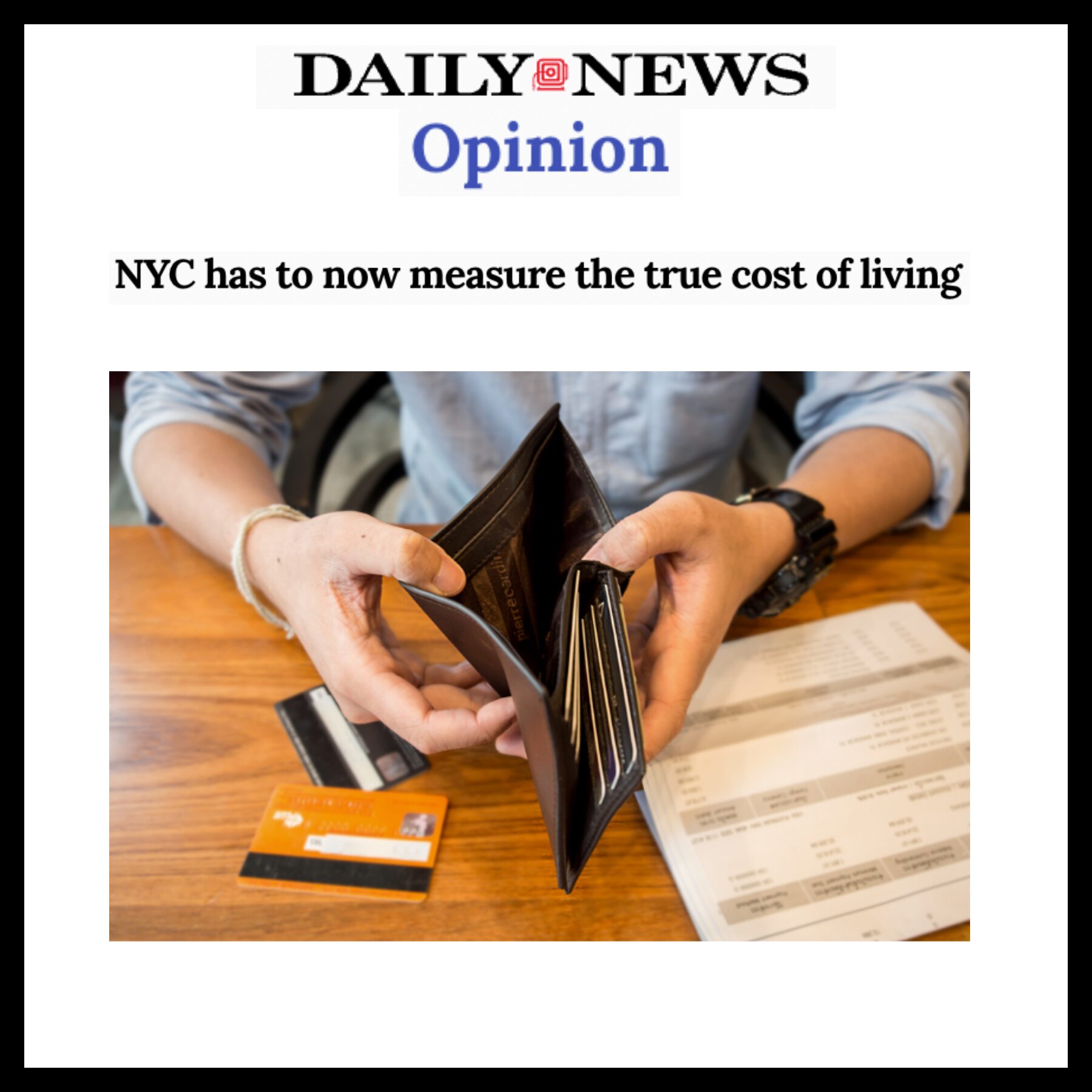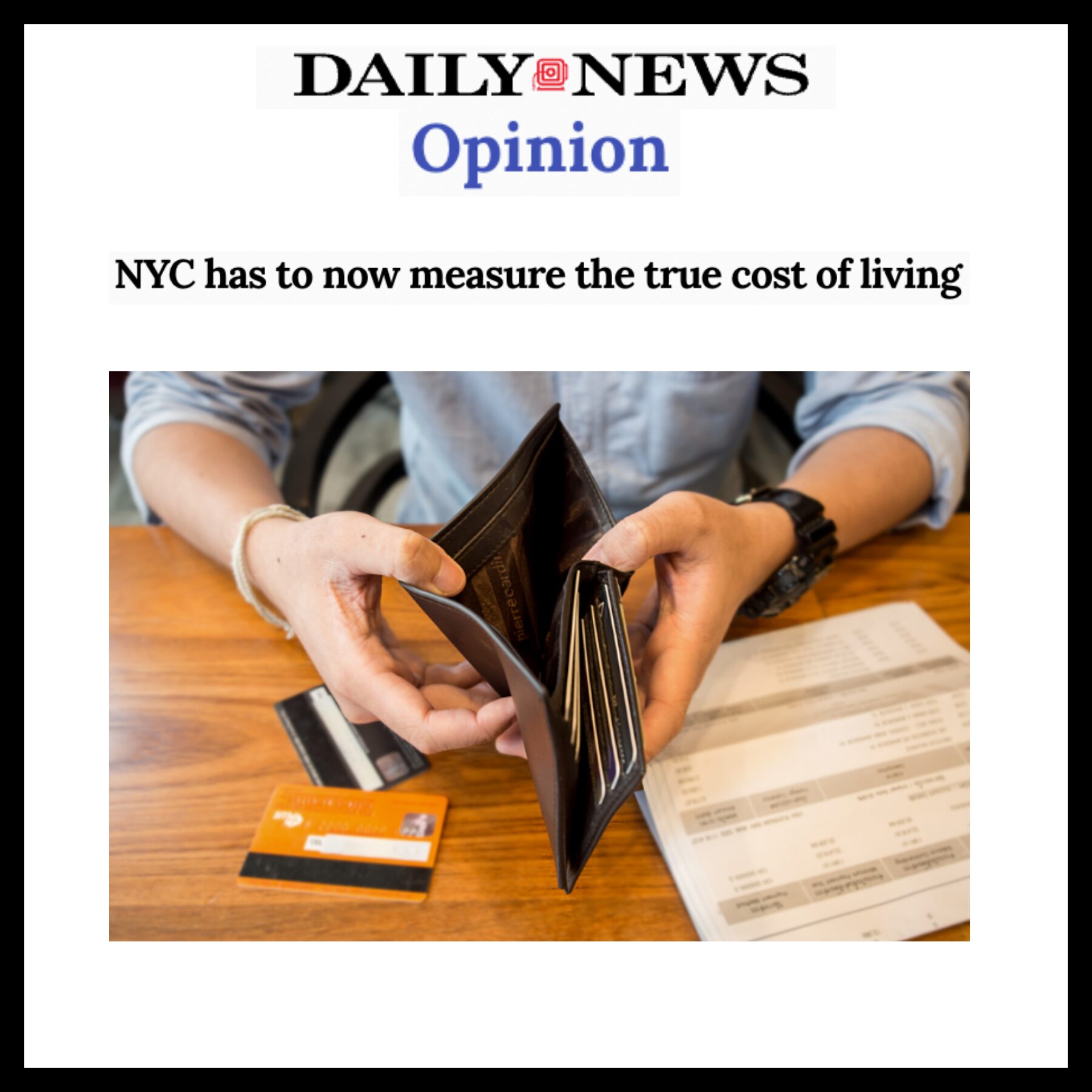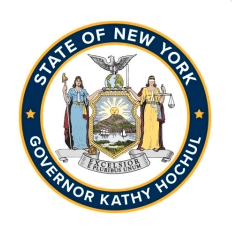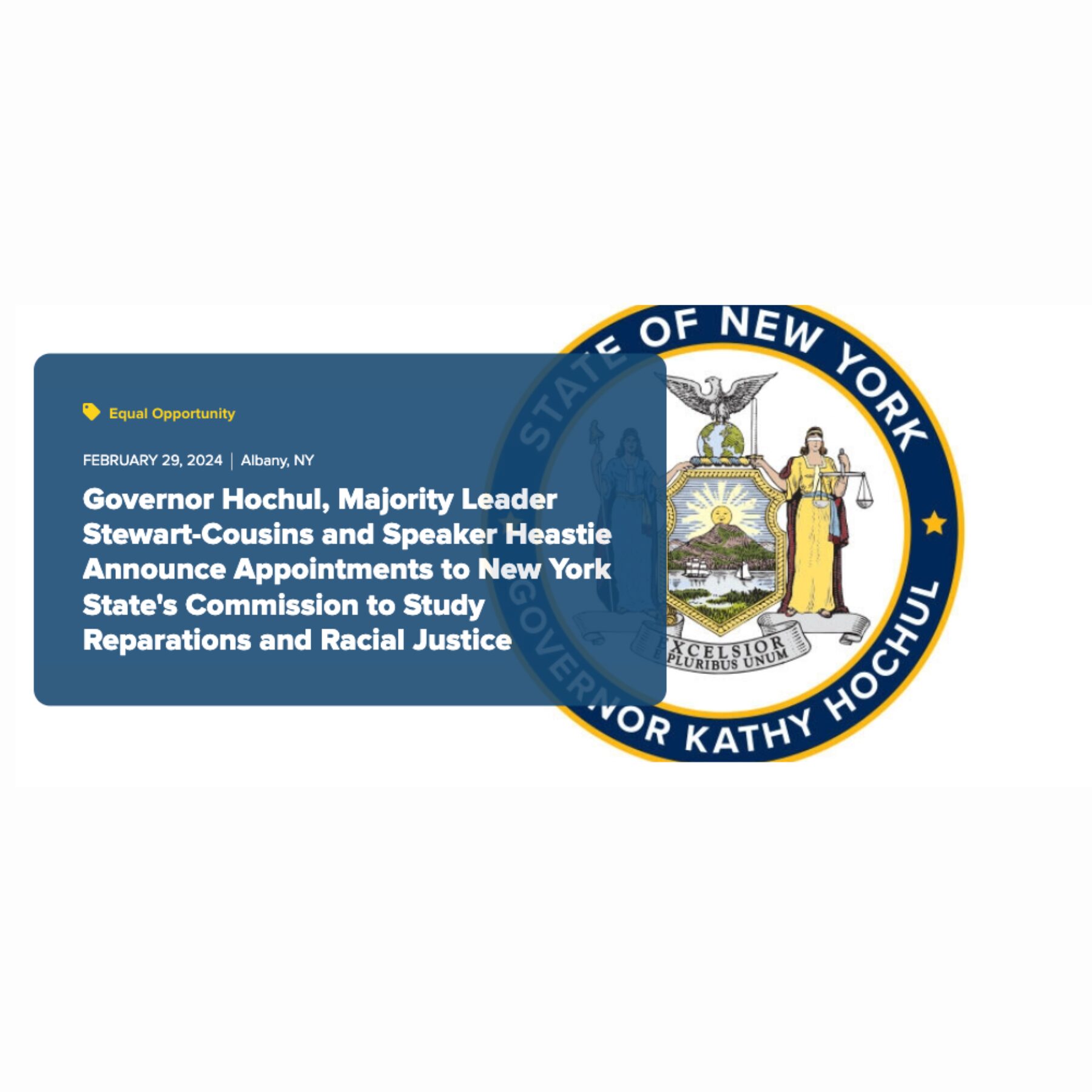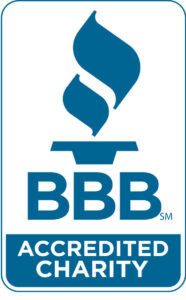FPWA is pleased that the FY 2018 City budget includes funding for initiatives championed by FPWA and its coalition partners which promote upward mobility and economic equity for all New Yorkers.
FPWA was pleased to see that the City made a commitment to securing the nonprofit sector. Human services providers contract with the city to provide essential services that support our city as a sanctuary. They are struggling with underfunded contracts that fail to keep up with the rising costs of doing business and with providing adequate wages and support for the workforce. Just as the city has increasingly become an expensive place to live, it has also become an increasingly expensive place to do business, especially for human services organizations, whose business is caring for people. The city’s investment of $17.6 million to increase indirect rates contracts ($88 million by 2021), a commitment of a 2 percent COLA each year for the next three years, and an investment of $12.7 million to create a model budget demonstrates a strong commitment to rightsizing the sector. In the long term, we look forward to working with the Administration and the City Council to ensure the sustainability of nonprofits and the people that work there, securing the strength of the sector that is the first line of defense for New Yorkers in need.
As New York declares itself a sanctuary in response to a climate of xenophobic rhetoric and action from the federal government, we must ensure that this city of immigrants remains a safe haven for all of our residents. FPWA applauds the city for investing in programs that provide access to low-income communities to achieve economic advancement and security, the Day Laborer Workforce Initiative and the Worker Cooperative Business Development Initiative.
Council Member Carlos Menchaca’s strong support of the Day Laborer Workforce Initiative, with an investment of $1.47 million will allow the initiative to create new centers in the Bronx and Queens and upgrade the centers in Brooklyn and Staten Island. Nearly 2,000 jobs have been dispatched through the day labor centers and over 3,000 workers have been trained on their legal rights, wage theft, worker safety, and occupational skills in the first two years of the initiative. In FY 17 alone, close to 1,500 workers attended the ‘Know Your Rights’ trainings. As members of the city’s informal workforce, day laborers experience rampant wage theft, pervasive construction accidents, workforce hazards, lack of access to workforce development training and lack of infrastructure. The investment in expanding the existing centers and establishing new ones is a strong statement in support of the city’s immigrant workforce.
Through the strong leadership of Council Member Helen Rosenthal, the Worker Cooperative Business Development Initiative was funded at $3.048 million. Worker cooperative businesses (worker co-ops) are startups that anchor jobs in local communities across the City and encourage entrepreneurship. Worker co-ops build both wealth and civic leadership among low-wage workers. Over the past 2.5 fiscal years, and with the investment of the City Council, the Worker Cooperative Coalition has achieved significant results including, tripling the worker cooperative ecosystem in NYC from 20 cooperatives to 67. This enhancement will allow The Worker Cooperative Coalition to scale our impact considerably by continuing to add 38 new worker cooperatives in FY 18, assist existing cooperatives, support outreach to 2,224 cooperative entrepreneurs, and train 20 new incubators to grow the co-op support network in NYC.
At a time when healthcare hangs in the balance, Access Health NYC is more critical than ever in helping New Yorkers navigate the healthcare landscape, and FPWA applauds the City Council for their $1.187 million investment. More than one in ten New York City residents lack health insurance and, in some neighborhoods, the rate of uninsured New Yorkers is as high as 22 percent. Access Health NYC increases the capacity of community-based organizations to provide education and outreach efforts to individuals who experience barriers to accessing health care coverage and information. With a $1.1 million investment in FY 17, the initiative funded 12 organizations across the five boroughs to conduct over 100 trainings and workshops through New York City, as well as conduct individual and digital marketing outreach. In FY 18, funding will further increase the capacity of the 12 organizations to address unmet demand for services and fund additional organizations for outreach in other underserved communities.
FPWA envisions New York City as a place where we can all safely remain in our homes and continue to contribute to the diverse social and economic fabric of our communities as we age. To do so, many of us will eventually rely on a solid network of community-based services such as senior centers, transportation, home-delivered meals, homecare, and caregiver support. It’s critical for the city to plan for and invest in building up these safety net services as the number of people aged 65 and older rises steadily and rapidly. Instead, funding for the Department for the Aging remains just 2 percent of the city’s spending on human services. Decades of underfunding have resulted in growing waitlists for services, sketchy adult day care pop-ups, bare-bones senior centers, and a meager community-based safety net for older New Yorkers. We are pleased to see that the City demonstrated their commitment to addressing these issues by baselining $23 million in funding for senior services, including $10 million for the model budget for senior centers, $6.5 million to address the homecare waitlist, $1.2 million to address the case management waitlist, $4 million for a new caregiver support program and $1.2 million for weekend meals (home delivered and congregate). We look forward to working with the Administration and the City Council to build upon this investment and ensure that New York’s older adults have the necessary resources and supports to age with dignity.
FPWA also thanks Mayor de Blasio and the City Council for their investment in human services that support vulnerable New Yorker. A few highlighted investments include:
- $9 million for the Summer Youth Employment Program for 70,000 SYEP slots, along with a $19 million investment to provide an additional 6,500 year round jobs;
- $16 million to maintain and stabilize the Comprehensive After School System (COMPASS) program;
- $12.5 million to expand the universal lunch program and provide breakfast in the classrooms for all elementary school students;
Thank you for your commitment to improving opportunities for upward mobility and equal access to services in New York City. We look forward to working with the City to grow these vital initiatives.
# # #
*See below for a complete chart on funding for initiatives in FY17 and FY18.
| FPWA INITIATIVES | FY 17 ADOPTED BUDGET | FPWA FY 18 PROPOSED FUNDING |
FY 18 ADOPTED BUDGET |
| Worker Cooperative Business Development Initiative – Enhanced funding for the creation and support of new worker cooperatives (worker owned and democratically operated businesses) and creates hundreds of jobs with living wages and improved working conditions. | $2.248 million | $3.8 million | $3.048 million |
| Access Health NYC – Enhanced funding for culturally and linguistically competent outreach around health insurance coverage to populations who are uninsured and have barriers to accessing health care. | $1.1 million | $5.0 million | $1.19 million |
| Day Laborer Workforce Initiative – Enhanced funding for services provided by day laborer centers, which provide job referrals, workforce development, Know Your Rights trainings, and protection against wage theft. | $570,000 | $1.8 million | $1.5 million |
| OTHER HIGHLIGHTED INITIATIVES | FY 18 ADOPTED BUDGET | ||
| The Campaign for Successful Aging seeks to make older adults a part of the city’s overall vision for equal opportunity and shared prosperity, beginning by addressing the chronic underfunding of aging services provided through the Department for the Aging (DFTA). In FY 18, FPWA asked that the Council invest $60.6 million, including baselining $15.7 million of discretionary funding for DFTA core services. We also pushed for a $133.1 million investment over five years to address gaps in current services and build an infrastructure for meeting the needs of this rapidly growing demographic.
|
$23 million baselined, including:
· $10 million for the model budget for senior centers; · $6.5 million to address the homecare waitlist; · $1.2 million to address the case management waitlist; · $4 million for a new caregiver support program; · $1.2 million for weekend meals (home delivered and congregate). |
||
| Human services providers that contract with the city to provide essential services are struggling with underfunded contracts that fail to keep up with the rising costs of doing business and with providing adequate wages and support for the workforce.. FPWA asked that the city work to develop a plan to fully fund existing contracts, which would pay for better compensated staff, lower caseloads, infrastructure repairs, client data management, increased cost of rent, and other necessary expenditures to allow the sector to continue serving New York’s communities. | · $17.6 million to increase indirect rates contracts ($88 million by 2021);
· 2% COLA each year for the next three years; · $12.7 million to create a model budget for ACS, runaway and homeless youth and adult protective services |
||

